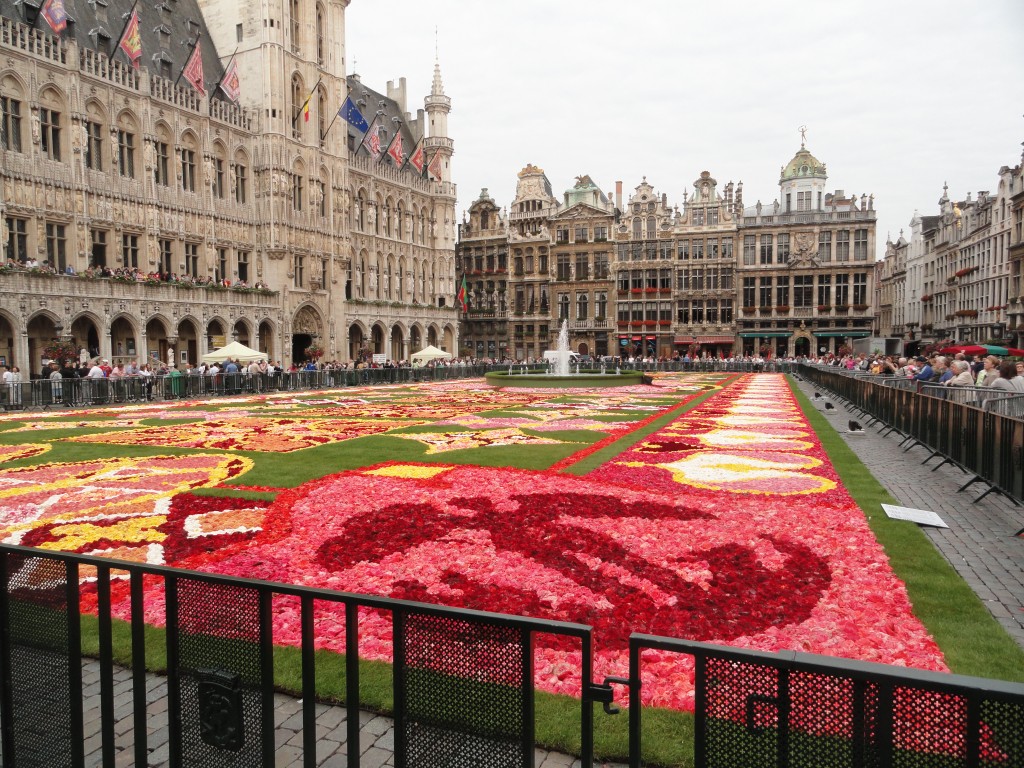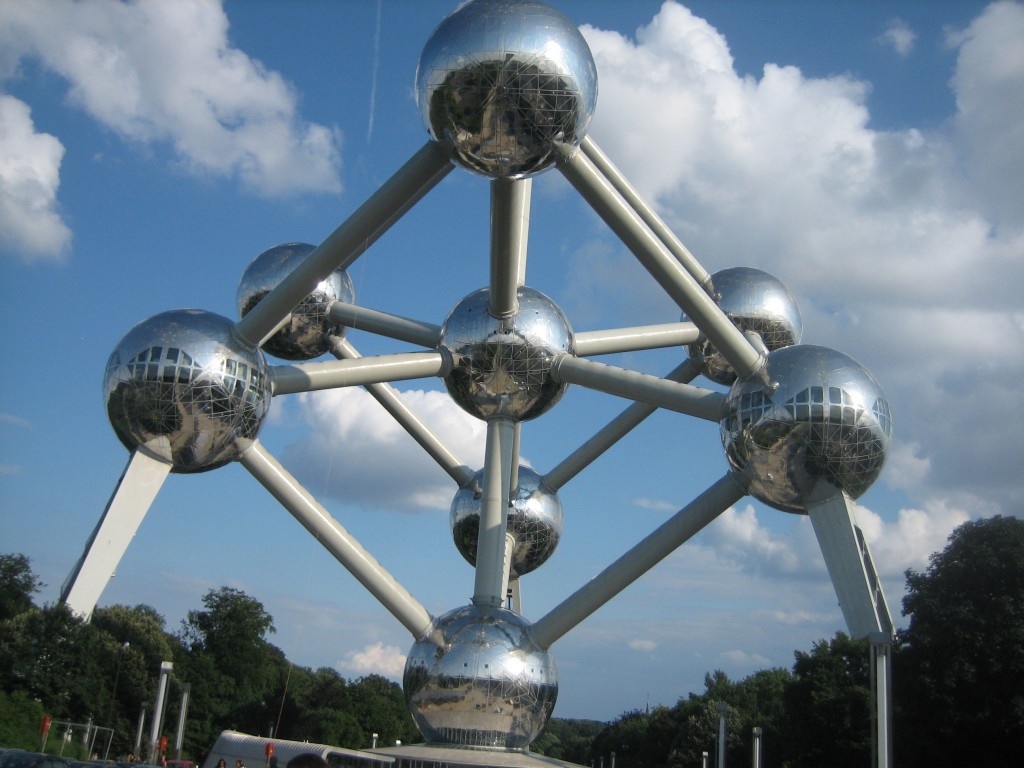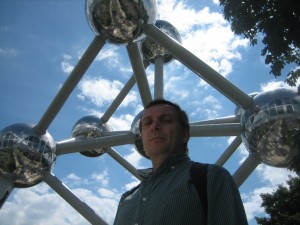 An old post popped into my feed recently and it reminded me of when I lived in Brussels. At the time I began a travelogue of sorts on a now defunct social media writing site. I’ve posted a few updated snippets here on Science Traveler. As I wrote in my introductory post:
An old post popped into my feed recently and it reminded me of when I lived in Brussels. At the time I began a travelogue of sorts on a now defunct social media writing site. I’ve posted a few updated snippets here on Science Traveler. As I wrote in my introductory post:
In 1969 there was a movie by this title (“If it’s Tuesday, This Must be Belgium“) starring Suzanne Pleshette. It was a comedy about Americans experiencing Europe for the first time. Not long ago I had a chance to live out the idea behind the movie – the company I worked for at the time traded me from Washington DC to their office in Brussels (presumably for a scientist to be named later). I lived in Brussels for three years.
More posts covered my first visit to Brussels before the move, dealing with all my stuff (much of which was sold off, donated, or trashed because it would never fit), networking to get my bearings, and all the hoops I had to jump through to get a work permit.
In addition to offloading a lot of my accumulated personal debris for the move (the rest of which would be shipped to Brussels and then back three years later), I had to filter through years of file folders at work. I was staying with the same company so needed to bring current project work, but since I usually had dozens of projects running at any given time – and any number of old projects that might resurface – I had to bring several cabinets of paper. All of this got me thinking I need to streamline.
The day I moved was Earth Day, so I dutifully recycled what appears to be several trees worth of paper. This experience has taught me that I need to take advantage of my new presence in Europe to adopt the European tendency to minimize resource use.
So, upon my arrival I vowed the following:
1) To seek the ideal of a paperless office. Okay, so I knew that ideal was unattainable. But I did reconsider all the emails I printed out (which thereby defeats the purpose of “electronic-mail”). I resolved not to print the huge documents that often sat unread on my desk…and when I did need to print them I did so double-sided to save paper.
2) To go car-less. My plan was to not own a car during my 3-year stay in Brussels. I walked to the office, about 3/4-mile from my office…or on lazy or lousy weather days, I took the tram that ran near my apartment. I also used public transportation to get around Brussels (luckily they had an excellent tram and subway system). I was able to walk to the grocery store and bicycled around town on errands whenever possible (though I occasionally begged rides from friends for longer trips). I took the train to visit locations out of town whenever possible (the train system in Europe is phenomenal).
3) To become more energy efficient. I adjusted my life style and habits to reduce my energy footprint. That included something as simple as using the sleep and hibernate modes on my computer wisely, as well as reducing lights, using energy efficient lamps, and not having a television. [I dumped my television in 2008 because it wouldn’t work in Europe; I haven’t had television service since then.]
4) To eat healthier. As long as I was being conscientious, I resolved to increase my natural and fresh food intake and reduce my use of processed and canned foods. [One could argue that I did accomplish the “eating more fresh food” part, but I also fell into the European trap of eating cheese and drinking wine. My net was anything but more healthy, but more on that in my memoirs.]
So with these resolutions in mind I went back to my Washington,DC office destruction program. I arrived in Brussels the following Monday morning, which meant the next “If It’s Tuesday…” piece was written from Belgium. Woo hoo!
I enjoyed my three years in Brussels and learned a lot, both good and bad. The experience was something I have never regretted even though it was in Brussels where I realized my time with the firm that sent me would need to change, or end, after my return. But that’s a long story in itself.
P.S. The photo is me in front of The Atomium, built for the 1958 World’s Fair. In keeping with my Science Traveler theme, it represents an iron crystal.
David J. Kent is an avid science traveler and the author of Lincoln: The Man Who Saved America, in Barnes and Noble stores now. His previous books include Tesla: The Wizard of Electricity and Edison: The Inventor of the Modern World and two specialty e-books: Nikola Tesla: Renewable Energy Ahead of Its Time and Abraham Lincoln and Nikola Tesla: Connected by Fate.
Check out my Goodreads author page. While you’re at it, “Like” my Facebook author page for more updates!



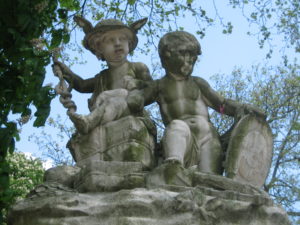 I’ve been writing periodic posts cataloguing my previous three-year secondment to Brussels.
I’ve been writing periodic posts cataloguing my previous three-year secondment to Brussels. 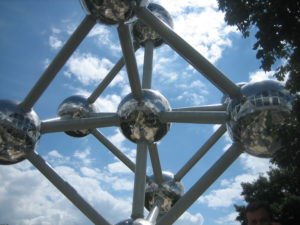 Networking is your best friend!
Networking is your best friend!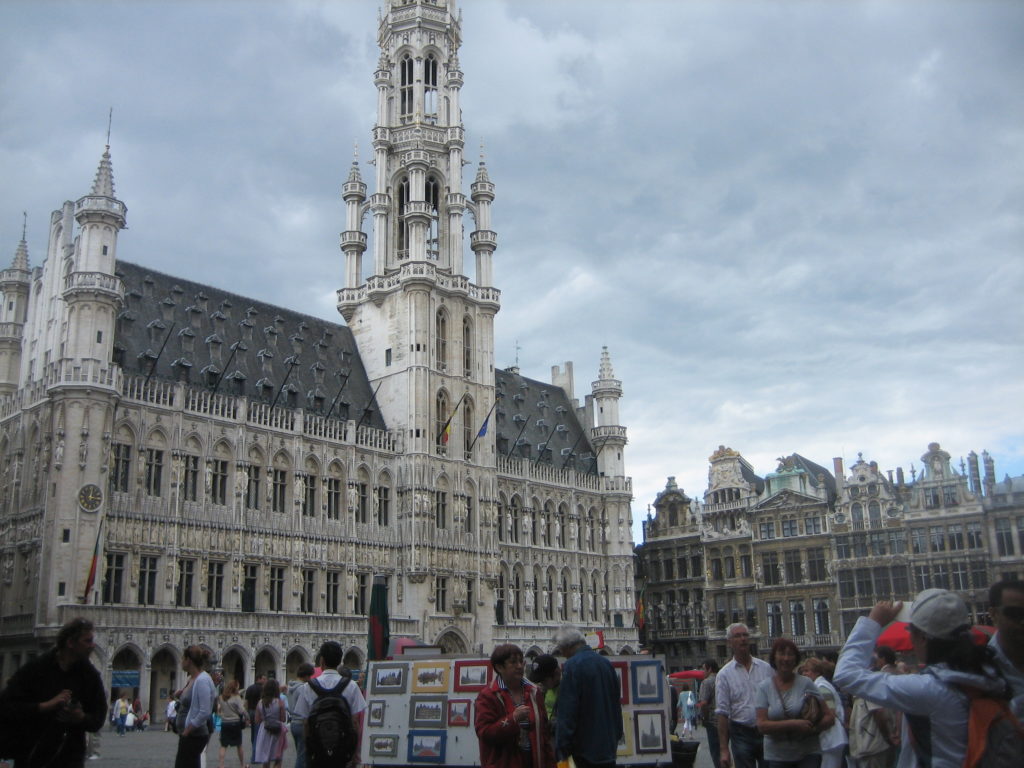














 Thud.
Thud.